We’re excited to introduce you to the always interesting and insightful Dr. Olivia Wedel. We hope you’ll enjoy our conversation with Dr. Olivia below.
Dr. Olivia, thanks for joining us, excited to have you contributing your stories and insights. Let’s start with the story of your mission. What should we know?
My practice is mission driven because it includes pieces of my own story and how I healed from postpartum depression and postpartum anxiety while also inspiring hope for others in their healing journey. This work is meaningful to me because not only am I a survivor, but I believe it is possible for other women to heal and recover. Sometimes extra tools for support are needed, and I feel very strongly about normalizing asking for help and reducing the stigma associated with maternal mental health. I suffered for a long time in silence while battling intrusive thoughts, guilt and shame, and fresh grief related to losing my mom, who died years before I had my own child.
My mission is to educate and support women throughout their prenatal, perinatal, and maternal experiences on the numerous benefits of including mental health in their birth and postpartum plans. I especially have a heart for moms who are also mothering without their own mother. This is a type of grief that is misunderstood and rarely discussed, and when it surfaces, women need someone who can help navigate the loss – again – while figuring out who they are as a mother themselves. The process of becoming a mother, or matresence, as it is called, is one that is different for everyone but the need for support is universal.
My experience with pregnancy, postpartum, and mother loss led me to where I am today, and my practice mission is three fold: Hope, support, and education. I help moms feel hopeful again with a renewed sense of purpose and joy. I help families optimize postpartum experiences. It is possible to feel moments of joy and hope in the midst of hard moments. Education is a critical piece because perinatal mental health is typically not included in routine obstetrical care, and I’ve had so many moms say: “I wish someone had told me what intrusive thoughts are;” or, “I wish I had known I’d feel so anxious that it would be hard to sleep.” Those are just two examples of many I could share. Education saves lives and validates the struggles experienced by many.
The final piece of my practice mission is advocacy. We live in a wonderful country, but our maternal mental health care is severely lacking, and Texas ranks at the very bottom of mental health care and access for services. I see my work as a daily commitment to providing safe space for conversations, fighting back against negative stigma, and creating a world where moms can ask for help without fear of judgment.
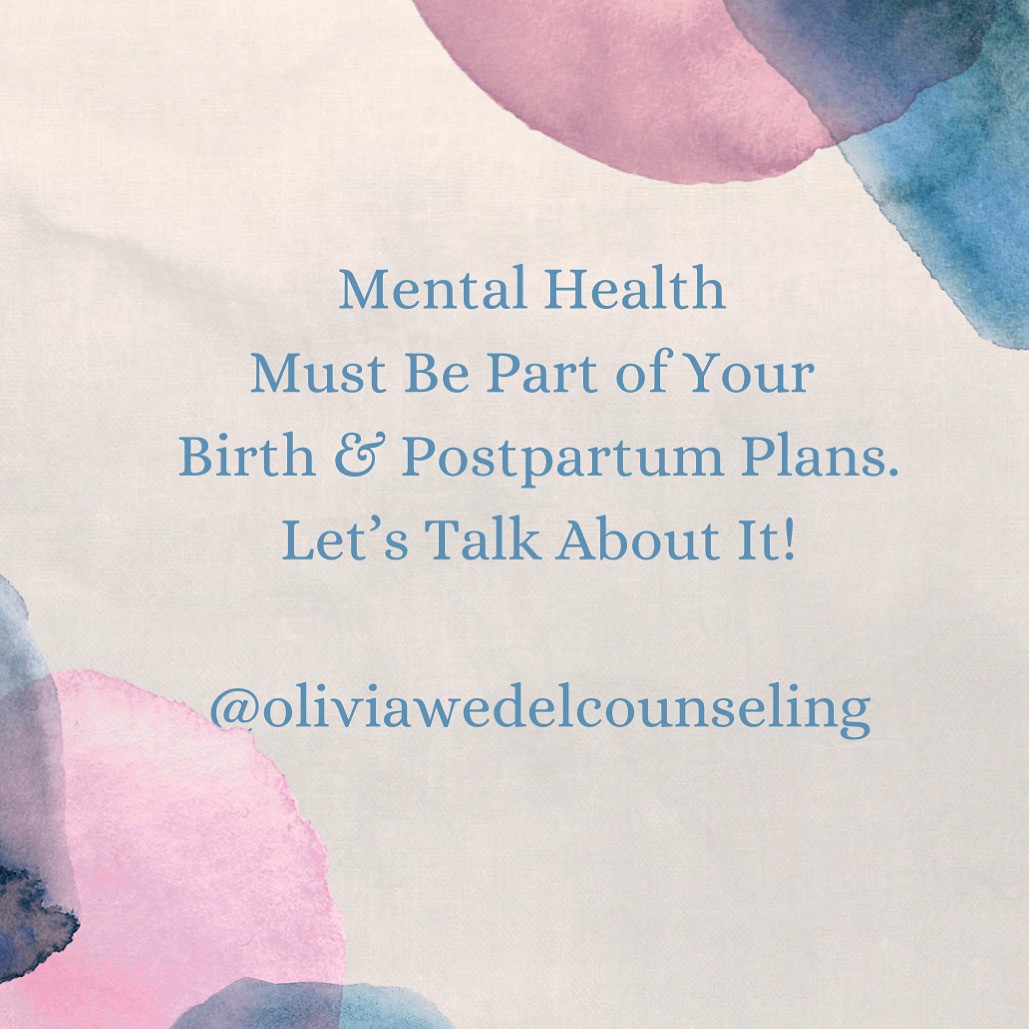
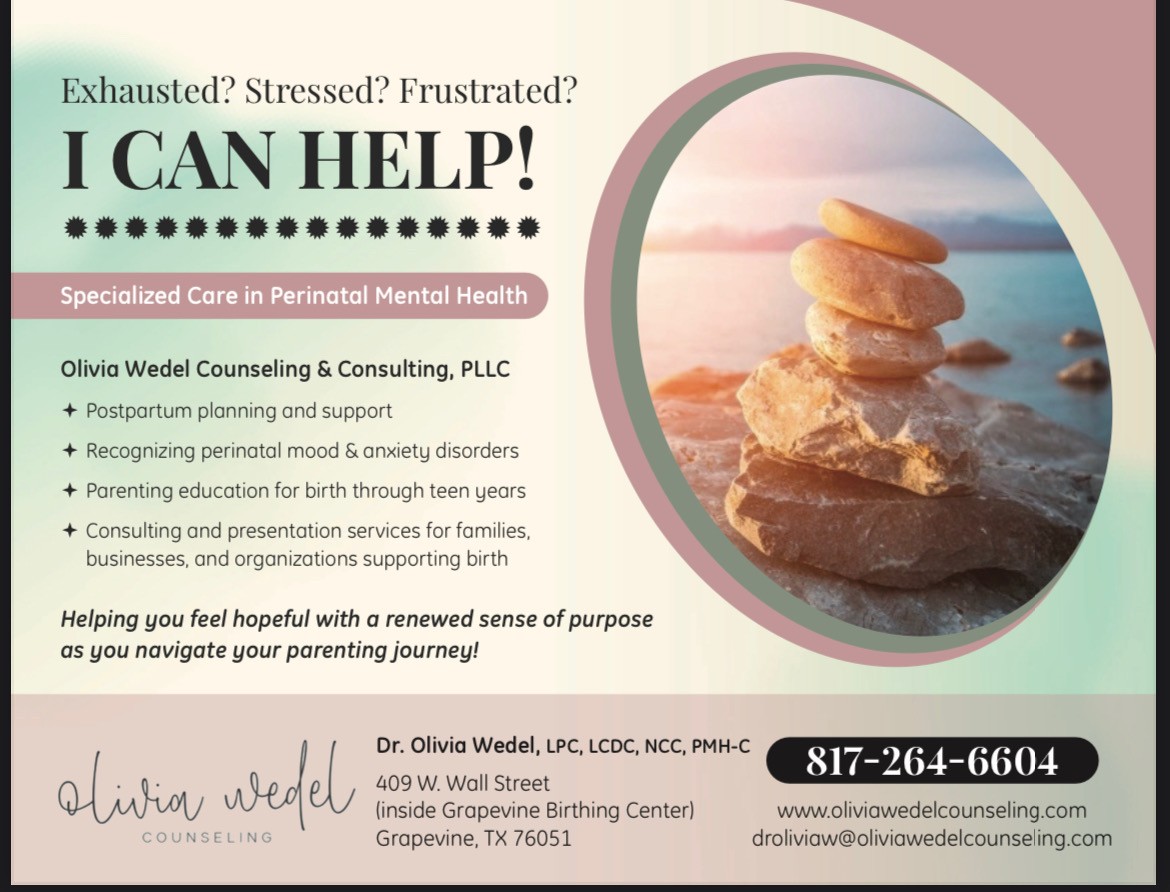
Dr. Olivia, love having you share your insights with us. Before we ask you more questions, maybe you can take a moment to introduce yourself to our readers who might have missed our earlier conversations?
I have worked with women in various capacities since I entered the mental health field in 2007, but it was my own experience with postpartum depression, postpartum anxiety, and intrusive thoughts that led me to specialize in perinatal mental health. I completed an additional 30 hours of training specific to postpartum components of care and passed a certification exam through Postpartum Support International in order to offer specialized services. This is one thing that sets me apart; I not only have lived experience, but investing in the training and certification helps me offer services that are informed and evidence-based for postpartum individuals.
One of the biggest problems I solve is providing a safe and supportive atmosphere where moms can express themselves, say what they need to say, and share things with which they’ve been struggling without fear of judgment. I also create unique plans of care for clients that are based on their goals and best hopes; no two plans will look the same. The plan serves as a guide so clients know how I prepare for sessions. I describe it as a road map, because even though we have a goal (destination) in mind, the roads and routes we take to get there will look different each session.
Another problem I help with is providing education on prenatal and perinatal mental health. I encourage everyone who is having a baby to include mental health in their birth and postpartum plans. Even if it is not needed, it is better to have the information and know what to do than to need help and not have resources. I help families create these plans that ensure things go more smoothly after having a baby. I started offering this service in early 2023 as an option outside of therapy and in response to requests received from people in my community.
I am also very proud of the fact I created a training for other providers – chiropractors, doulas, lactation consultants, pelvic floor physical therapists, childbirth educators, obstetricians, midwives, pediatric occupational and speech therapists, and others – that teaches how to recognize signs and symptoms of perinatal distress. Since we do not have any universal screening measures for perinatal mood and anxiety disorders here in the States, many women fall through the cracks. Lack of screening is also a barrier to accessing care, but since mental health is routinely not included in conversations during pregnancy, I’ve seen countless occasions where women were caught off guard when they were struggling after having a baby. If more providers are trained to recognize signs and symptoms, and also screen, then we are promoting community care and access to resources. The training also educates providers on how to refer to therapy and other support services. Also, I think it is important to point out that screening does not equal receiving a diagnosis; it is simply a means for opening the door for accessing therapeutic resources and support.
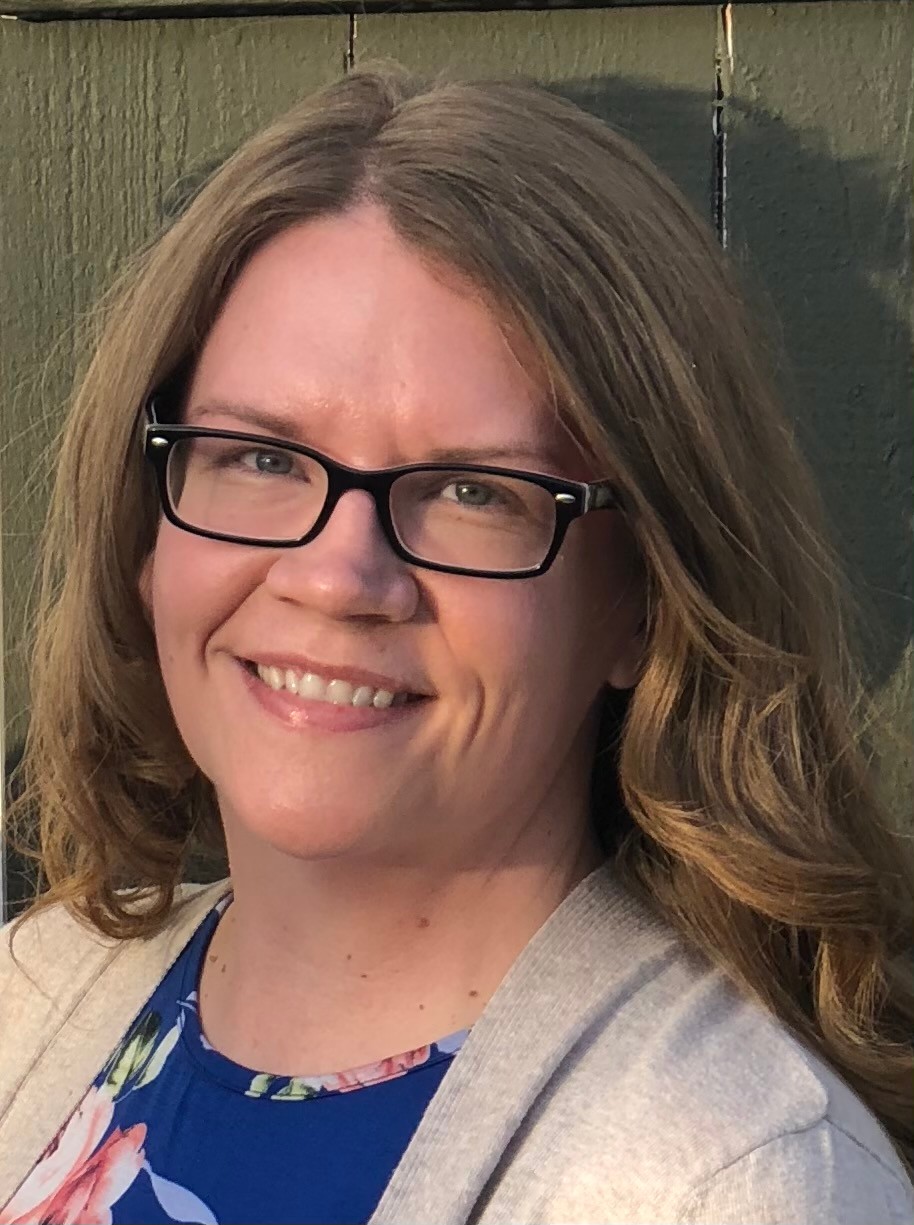
How’d you build such a strong reputation within your market?
I believe what helped build my reputation as a certified perinatal specialist is twofold: One, being vulnerable and opening up more about my own story; and two, involvement and visibility in my community. I have volunteered to speak on podcasts, volunteered at community events, sponsored community events, and hosted community education events on postpartum mental health. I maintain a very active stance in normalizing asking for help and promoting the belief that motherhood is not meant to be done in isolation. I strive to build and maintain relationships with other providers in the birth community and beyond. I like to have a network of resources with other providers that enables truly holistic care. Another thing that has helped build my reputation is I return every phone call and every email when someone reaches out for help. If I can’t get someone on my schedule right away, or if someone needs to use their insurance and it’s one with which I’m not in network, I have a referral list I can provide so they don’t have to wait to access help and support.
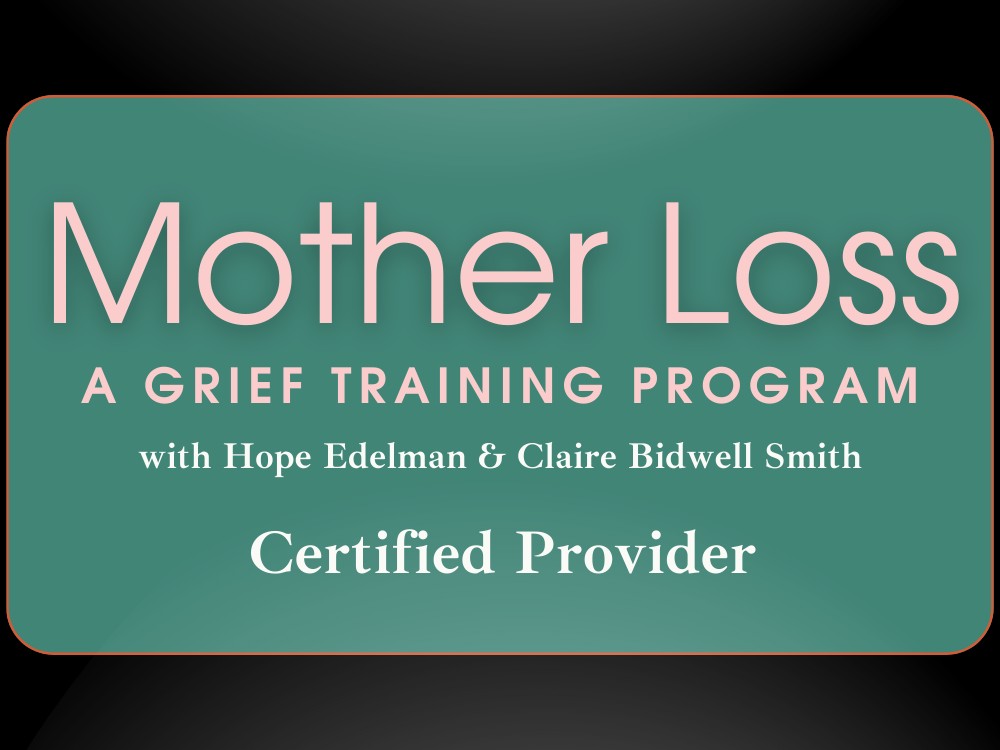
Where do you think you get most of your clients from?
The best source of new clients for me is word of mouth in the community, and many times, it’s from a fellow provider. I think this speaks to my consistent involvement in the community and my commitment to ongoing training and education.
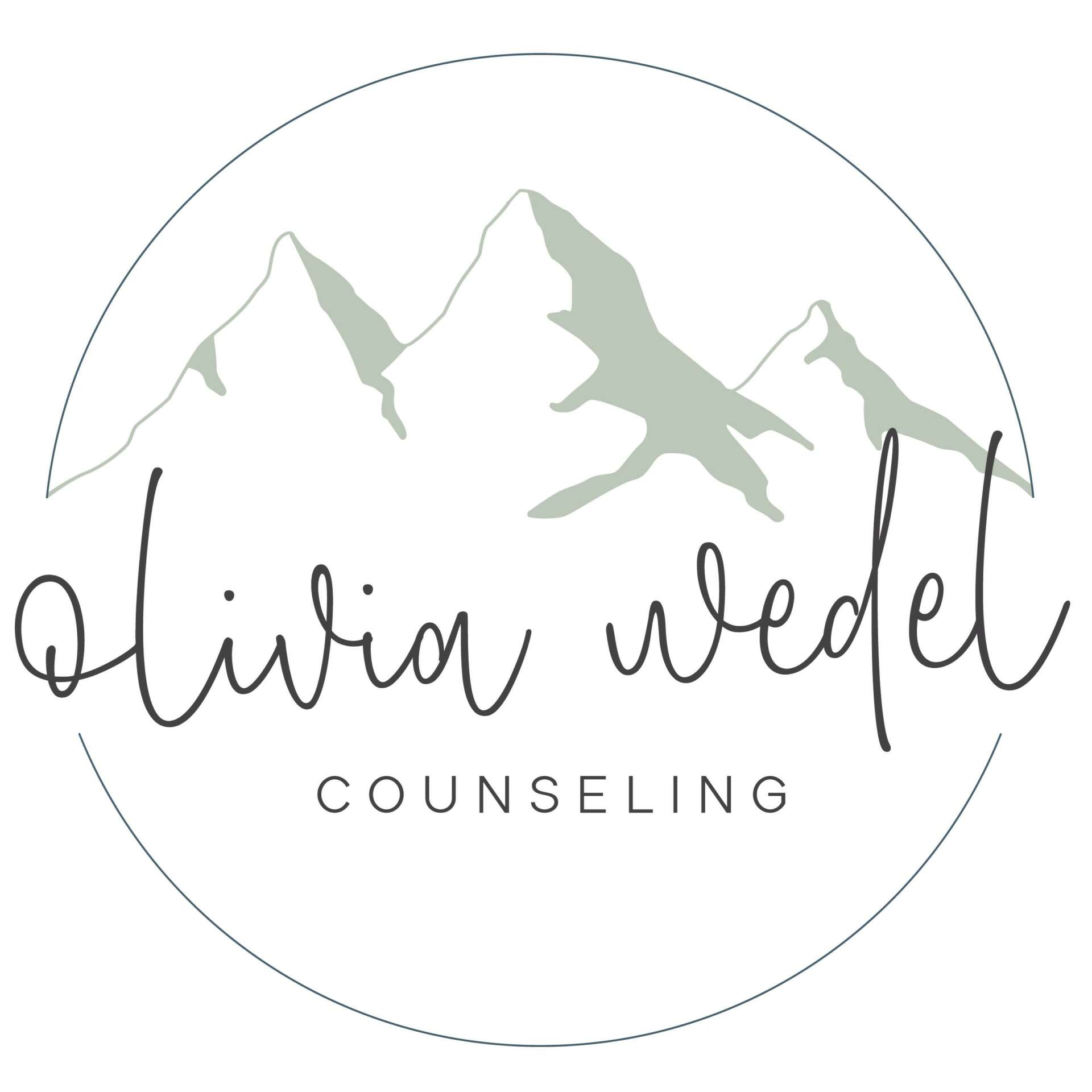
Contact Info:
- Website: www.oliviawedelcounseling.com
- Instagram: @oliviawedelcounseling
- Linkedin: https://www.linkedin.com/in/dr-oiivia-scalf-wedel-lpc-ncc-lcdc-pmh-c-507a99219/
Image Credits
The Mother Loss Certification Photo – used with permission from Hope Edelman and Claire Bidwell Smith The logo picture with mountains – Credit to Anna Walker Personal Picture on first page – Credit to Lorraine / Society Life Mag (picture can be used anywhere except on the cover)


